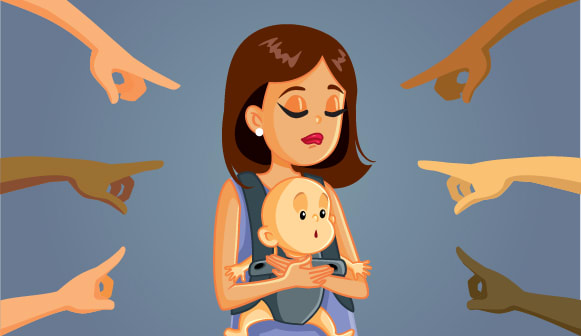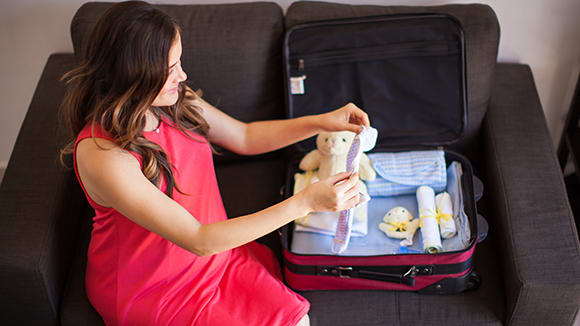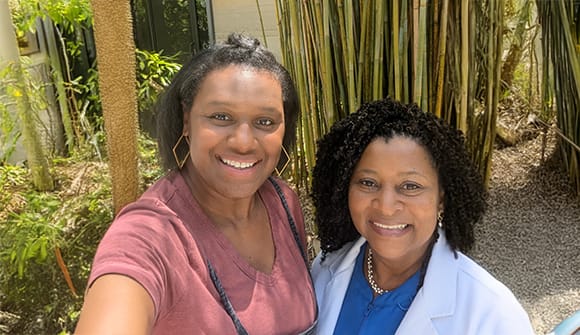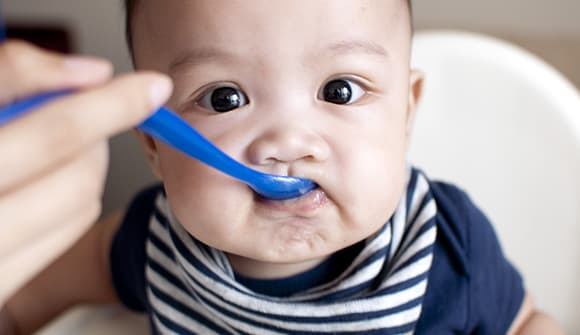Parent guilt is real
Feeling bad won’t make you a better parent, just an unhappy one.
Article Date:

Parenting is one of those jobs that comes with all the feelings, and it’s normal to feel guilty from time to time. All the demands and responsibilities that come with raising a little person make us susceptible to mom or dad guilt – that nagging feeling that you’re not doing enough or doing the right things for your child.
Understanding the triggers of parent guilt
There are plenty of things that make us feel this way, like having to work and feeling bad you can’t spend more time with your baby. Or, maybe you stay home with your little one and feel terrible when you just want to get away for a few hours. Other common triggers for parent guilt can be comparing your life to what you see on social media or raising your voice with your kid after a tough day.
For starters, know you’re not alone in feeling guilty about your parenting decisions. Those feelings are just a sign you care deeply about your little one.
“This is tough stuff and you're working hard to make the best choices for you and your family,” said Julia Garrett, PsyD, a psychologist with Baptist Behavioral Health who specializes in maternal mental health.
But sometimes guilty feelings stick around even when you know you’re doing what’s right for your kids. So, what then?
How to break the cycle of guilt
Feeling like you’re always doing something wrong doesn’t have to be part of the parenting experience. Dr. Garrett said if you want to get rid of guilt, the best place to start is by identifying what started your spiral into feeling it.
Next, pay attention to how you’re thinking.
“Ask yourself if you notice any unhelpful thoughts that make these feelings more intense,” she said. “A lot of times, these thoughts around parenting and guilt include words like ‘I should’ or ‘I must.’ For example, ‘I should meet this set parenting standard,' or, 'I’m not a good mom or dad.’”
Dr. Garrett said if you notice your inner voice speaking this way, try to counter it with what she calls a balanced thought, which is “more complex and nuanced than our quick, automatic, unhelpful thoughts.”
Challenging unhelpful thoughts about parenting
Do any of these examples sound familiar? Here are some suggestions for reframing your thoughts.
.jpg)
The importance of self-compassion and self-care
Lastly, Dr. Garrett said it’s important to speak to yourself the way you would to a friend, since we tend to talk to ourselves much more harshly than we would a loved one. Oh, and don’t skimp on self-care.
“Making sure you're taking care of yourself is another way to help reduce the intensity of uncomfortable feelings,” she said. “Remind yourself that self-care is not a luxury; it's a requirement. If you find yourself feeling guilty about taking time for yourself, start with short periods of time and keep building. Remember that when your child sees you taking care of yourself, you are also serving as a great role model of self-care for them.”
If these tips don’t seem to help, or your guilty feelings are disrupting your daily life, you don’t have to go it alone.
“Sometimes our big feelings can start getting in the way. So, if you notice your guilt is making you feel more anxious or depressed, or if it’s taking over and getting in the way of how you’d like to live, consider reaching out for some more support,” said Dr. Garrett.
Seek extra support for persistent guilt
Whether you’re struggling with feelings of guilt, or have other mental health needs during your parenthood journey, The Motherhood Space, Baptist Health's maternal mental wellness program, is here for you. To learn more, call 904.376.3800 (select option 4 for intensive outpatient program) or browse the free video series on YouTube.




